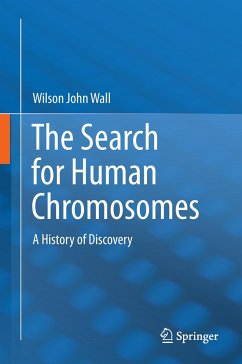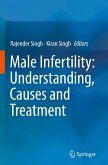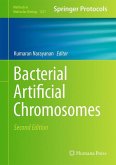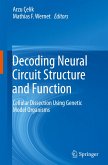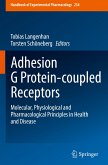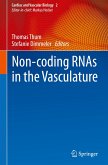This book is a broadly historical account of a remarkable and very exciting scientific story-the search for the number of human chromosomes. It covers the processes and people, culminating in the realization that discovering the number of human chromosomes brought as much benefit as unraveling the genetic code itself. With the exception of red blood cells, which have no nucleus and therefore no DNA, and sex cells, humans have 46 chromosomes in every single cell. Not only do chromosomes carry all of the genes that code our inheritance, they also carry them in a specific order. It is essential that the number and structure of chromosomes remains intact, in order to pass on the correct amount of DNA to succeeding generations and for the cells to survive. Knowing the number of human chromosomes has provided a vital diagnostic tool in the prenatal diagnosis of genetic disorders, and the search for this number and developing an understanding of what it means are the focus of this book.
Bitte wählen Sie Ihr Anliegen aus.
Rechnungen
Retourenschein anfordern
Bestellstatus
Storno

